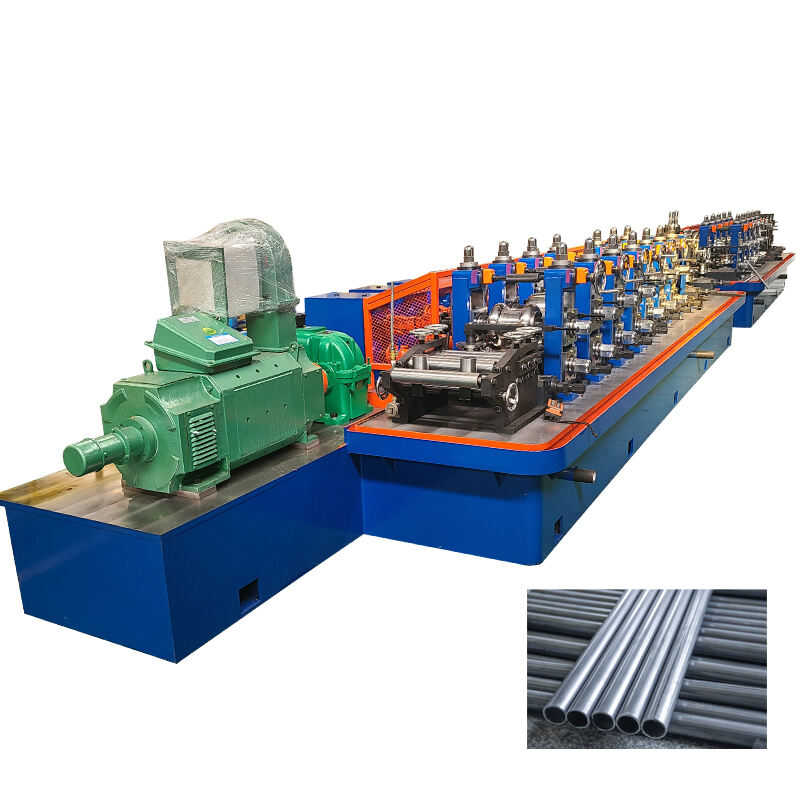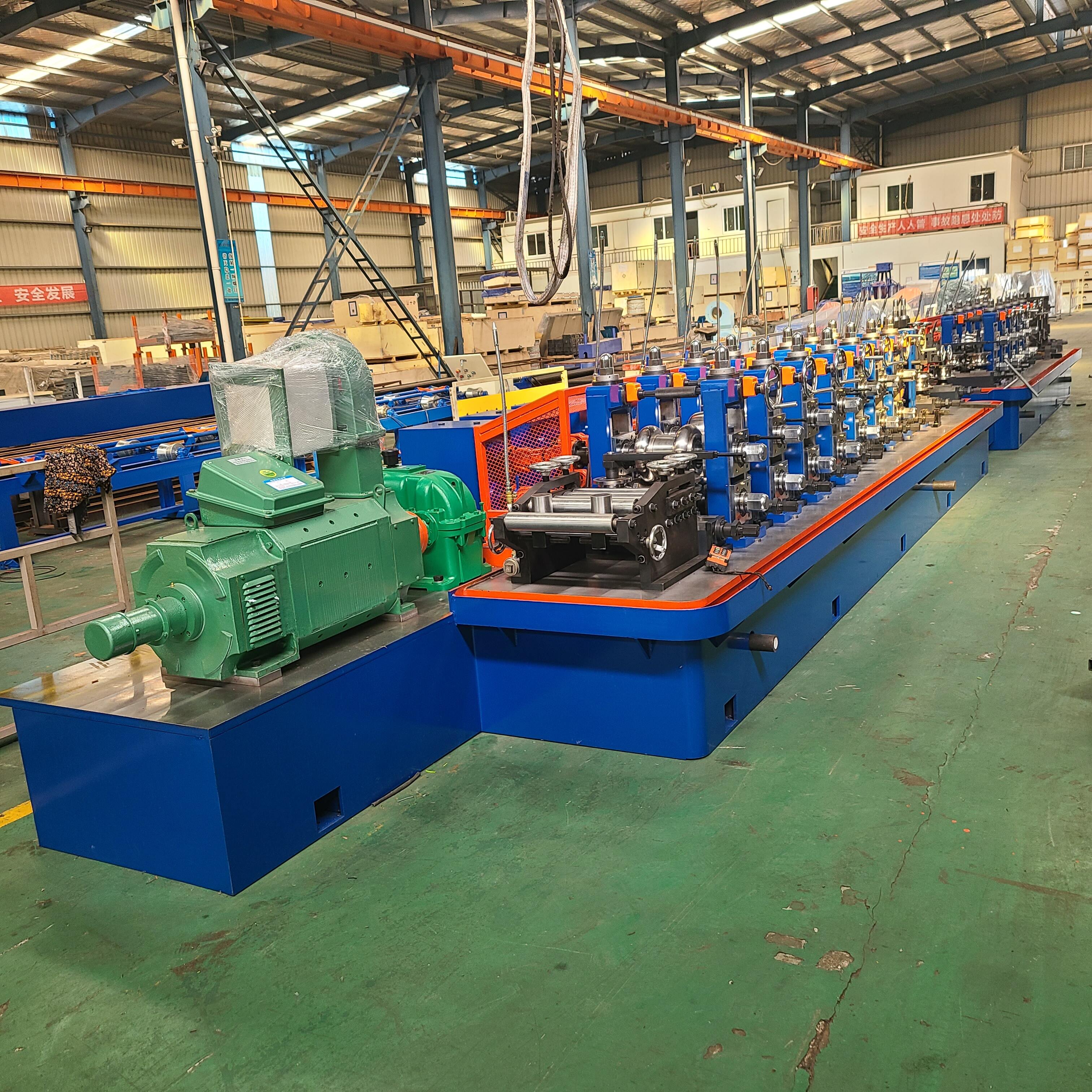harga pabrik paip las hf
Harga pabrik paip las HF merupakan pertimbangan penting dalam sektor pembuatan paip industri. Garis pengeluaran moden ini menggabungkan teknologi las frekuensi tinggi dengan kejuruteraan tepat untuk mencipta paip las berkualiti tinggi secara cekap dan kos-efektif. Struktur harga biasanya merangkumi sistem pengeluaran lengkap, termasuk penyejuk, bahagian membentuk, unit las, bahagian saizan, dan mekanisme memotong. Pabrik paip las HF moden mempunyai sistem kawalan automatik, memastikan kualiti pengeluaran yang konsisten sambil meminimumkan campur tangan manusia. Harga bervariasi bergantung kepada faktor seperti kapasiti pengeluaran, julat saiz paip, keupayaan ketebalan bahan, dan tahap automatik. Pabrik-pabrik ini boleh memproses pelbagai bahan, termasuk keluli karbon, keluli tahan karat, dan aloi khas, menjadikannya pelaburan serba guna untuk pengeluar. Teknologi ini menggunakan arus frekuensi tinggi untuk memanaskan tepi jalur dengan pantas, diikuti oleh las tekanan segera, menghasilkan jahitan yang kuat dan boleh dipercayai. Pertimbangan harga juga merangkumi peralatan tambahan seperti sistem ujian, unit penyampakan, dan mekanisme kawalan kualiti, yang penting untuk memenuhi piawaian dan spesifikasi antarabangsa.


